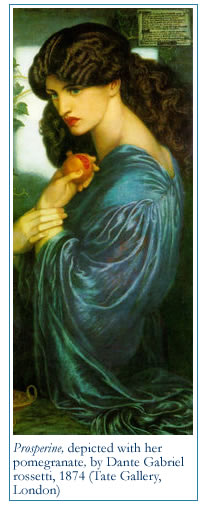
 From Wikipedia: The winter solstice occurs the instant when the Sun’s position in the sky is at its greatest angular distance on the other side of the equatorial plane as the observer. Depending on the shift of the calendar, the event of the Winter solstice occurs sometime between December 20 and 23 each year in the Northern hemisphere, and between June 20 and 23 in the Southern Hemisphere, and the winter solstice occurs during either the shortest day or the longest night of the year. Though the Winter Solstice lasts an instant, the term is also used to refer to the full day and night (24hrs) within which the event occurs. A more accurate usage might be the “day of the winter solstice” or the “night of/before the winter solstice”. Winter Solstice is a controversial subject, since it is sometimes said to astronomically mark the beginning or middle of a hemisphere’s Winter and so there is much argument about when it starts. Winter is a subjective term, so there is no scientifically established beginning or middle of winter but Winter Solstice is clearly defined.
From Wikipedia: The winter solstice occurs the instant when the Sun’s position in the sky is at its greatest angular distance on the other side of the equatorial plane as the observer. Depending on the shift of the calendar, the event of the Winter solstice occurs sometime between December 20 and 23 each year in the Northern hemisphere, and between June 20 and 23 in the Southern Hemisphere, and the winter solstice occurs during either the shortest day or the longest night of the year. Though the Winter Solstice lasts an instant, the term is also used to refer to the full day and night (24hrs) within which the event occurs. A more accurate usage might be the “day of the winter solstice” or the “night of/before the winter solstice”. Winter Solstice is a controversial subject, since it is sometimes said to astronomically mark the beginning or middle of a hemisphere’s Winter and so there is much argument about when it starts. Winter is a subjective term, so there is no scientifically established beginning or middle of winter but Winter Solstice is clearly defined.
The word solstice derives from Latin sol (Sun) and sistere (stand still), Winter Solstice meaning Sun stand still in winter.
The Winter Solstice can occur on the shortest day or longest night of the year but this is not the same as darkest morning or darkest evening which occur on different days.
Our wonderful ally, Caroline Casey, reminded us of the story of Persephone and the role that we each play in reconciling overt and covert, light and dark.
“As she was gathering flowers with her playmates in a meadow, the earth opened and Pluto, god of the dead, appeared and carried her off to be his queen in the world below. … Torch in hand, her sorrowing mother sought her through the wide world, and finding her not she forbade the earth to put forth its increase. So all that year not a blade of corn grew on the earth, and men would have died of hunger if Zeus had not persuaded Pluto to let Persephone go. But before he let her go Pluto made her eat the seed of a pomegranate, and thus she could not stay away from him for ever. So it was arranged that she should spend two-thirds (according to later authors, one-half) of every year with her mother and the heavenly gods, and should pass the rest of the year with Pluto beneath the earth. … As wife of Pluto, she sent spectres, ruled the ghosts, and carried into effect the curses of men.” ~ The 1911 Encyclopaedia Britannica account of the myth.
